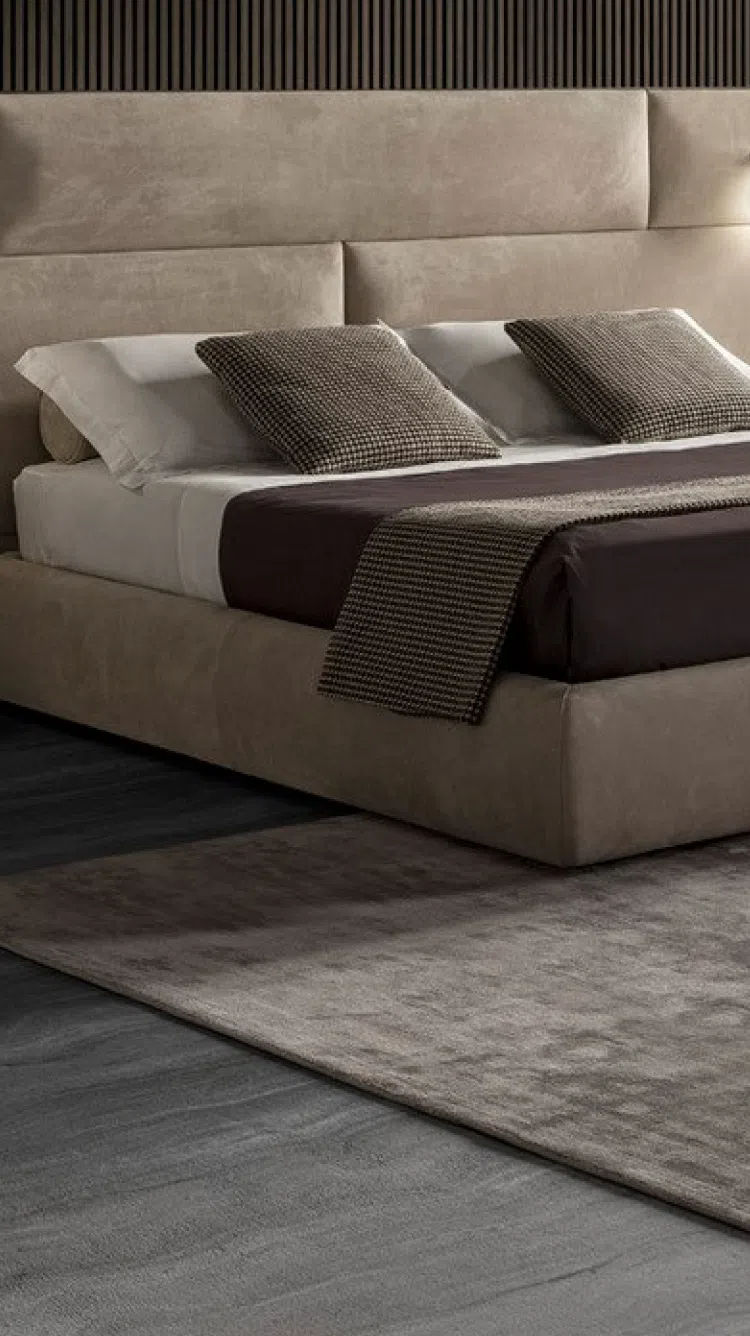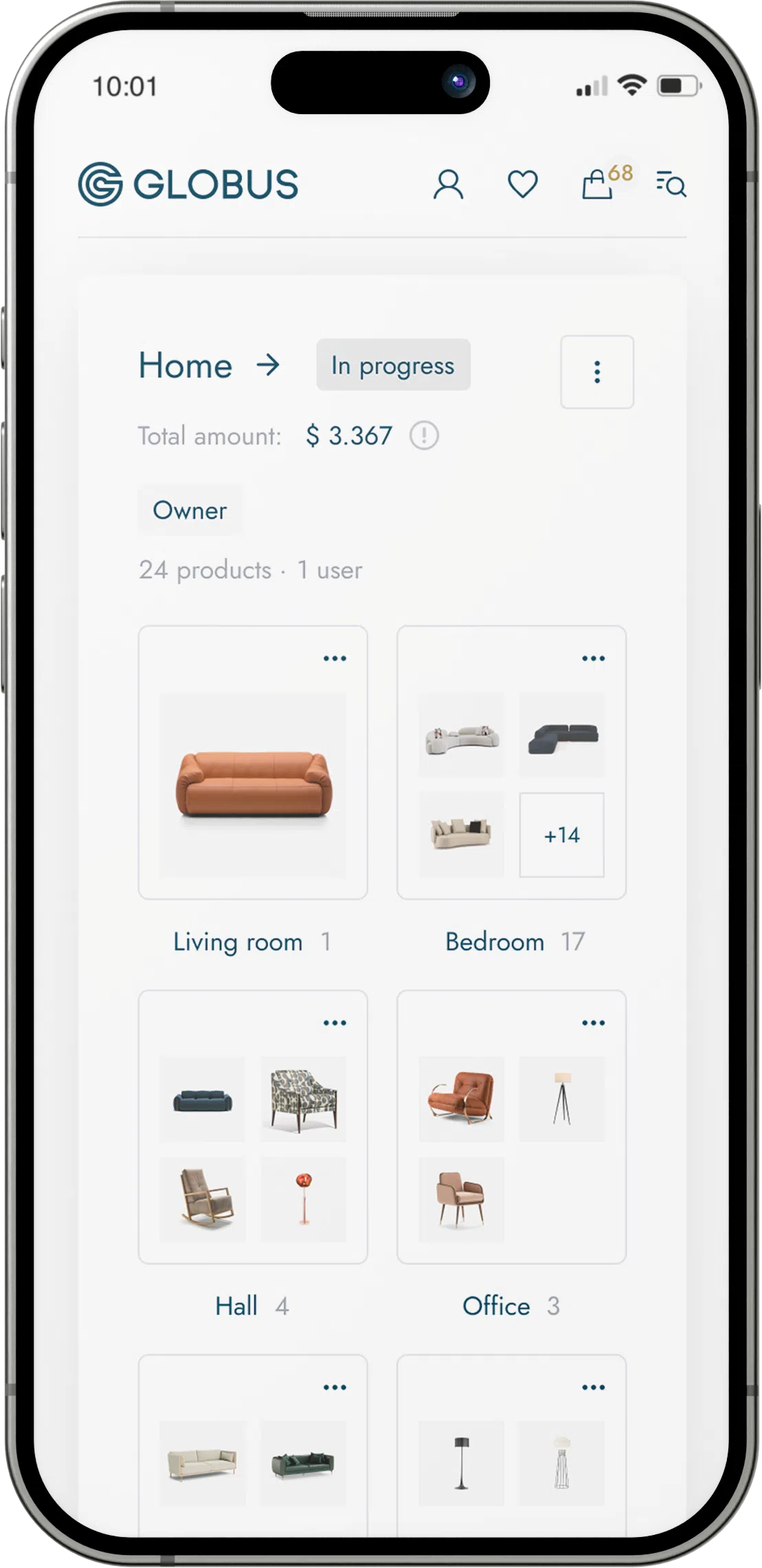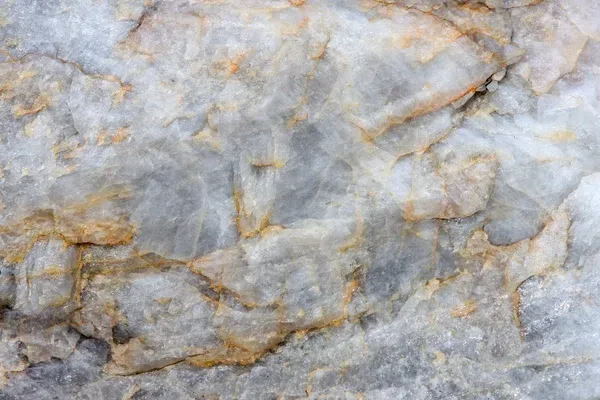Quartz as a furniture material is not the natural stone quartz typically associated with gemstones or geodes. Instead, when used in furniture making, we refer to engineered quartz, which is a composite material made from crushed quartz crystals combined with a resin binder and color additives. Engineered quartz is well suited for furniture components like tabletops, counters, and various accent pieces thanks to its numerous desirable properties. Here's a breakdown of its characteristics:
Durability: Quartz is known for its durability and strength. It is resistant to scratches, chips, and cracks, which is why it’s a popular choice for surfaces that will see a lot of use, like kitchen and bathroom countertops.
Maintenance: Quartz is a non-porous material, which means it doesn’t require sealing, unlike granite or marble. It also resists staining from liquids like wine, coffee, and oil, making it very low maintenance.
Hygiene: Because it is non-porous, quartz does not harbor bacteria or viruses. This makes it an excellent choice for settings where cleanliness is paramount, such as kitchens, bathrooms, and healthcare facilities.
Aesthetics: Engineered quartz comes in a wide range of colors and patterns, including varieties that mimic the appearance of natural stone. The consistent and controlled manufacturing process ensures uniform color and pattern, which is often an advantage when designing for a specific look or theme.



